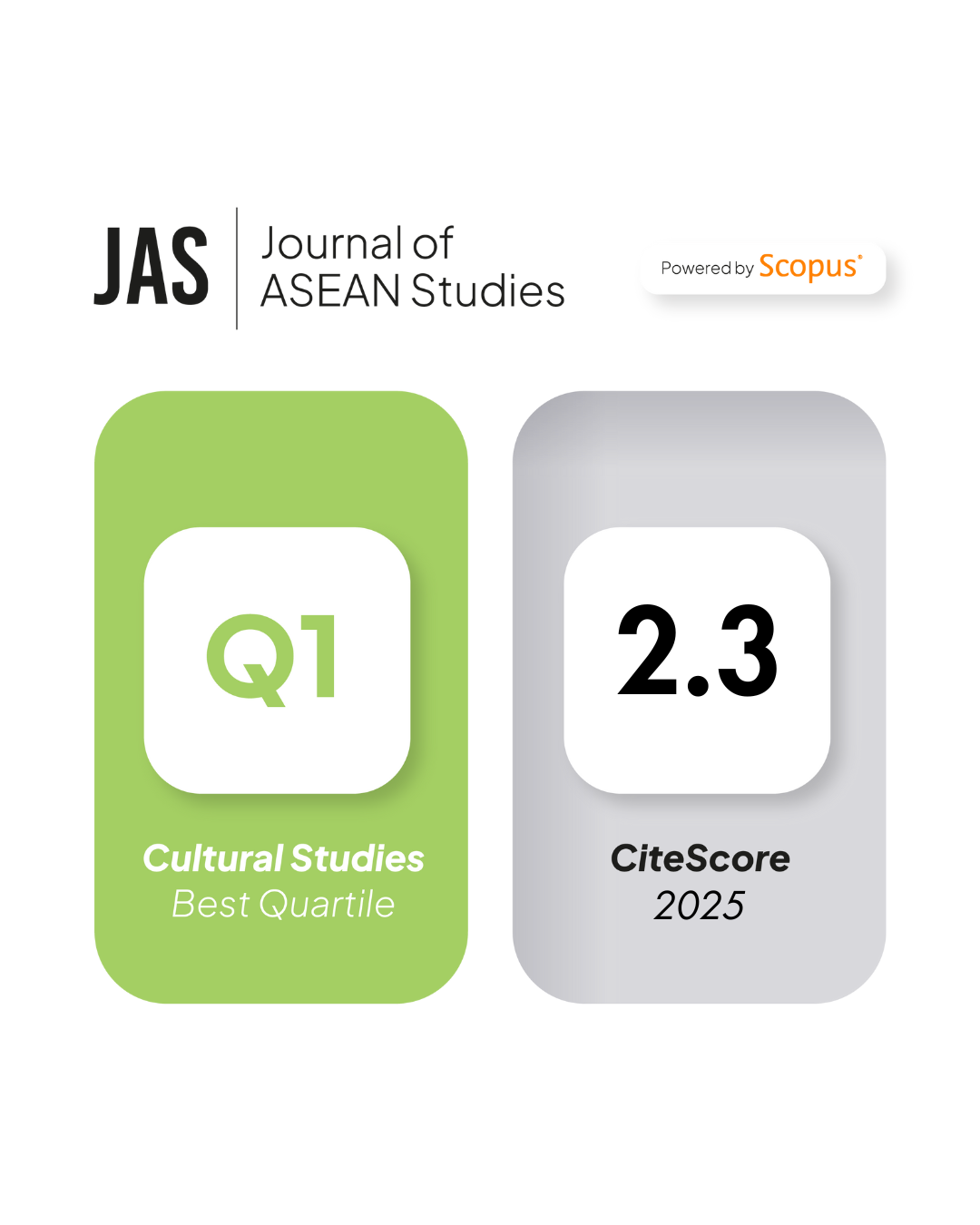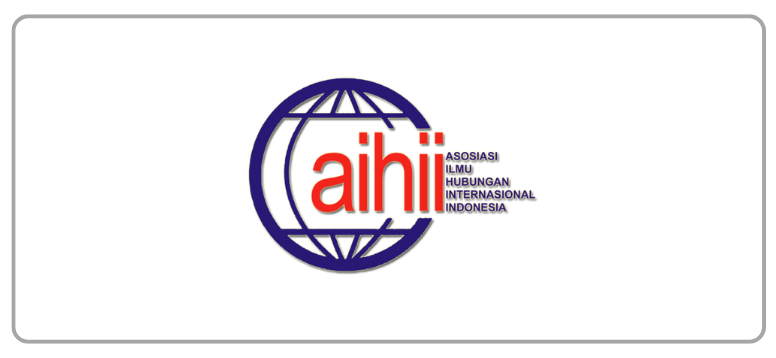Liberal World Order in the Age of Disruptive Politics: A Southeast Asian Perspective
DOI:
https://doi.org/10.21512/jas.v5i1.2129Keywords:
disruptive politics, Liberal World Order, Donald Trump,Abstract
There is no question that the current liberal world order faces yet another challenge. The upcoming challenge that we are about to confront is an exceptionally different kind of challenge. This challenge is the emergence of what I call a disruptive politics in the heartland of consolidated liberal states. The two main side effects of disruptive politics can be seen at both the domestic and international levels. Domestically, there is growing rise of populism in stable western democracies epitomized with the election of Donald Trump as President of the United States of America. Internationally, there is a growing rejection of globalization and integration, exemplified by the UK leaving the EU. Many commentators and pundits have observed that the rise of disruptive politics is the very threat to the liberal world order that could eventually cause it to collapse from within. While the side effects of disruptive politics should be addressed with caution; however, it is misleading to equate the disruptive politics with its side effects such as the rise of populism and the growing contend with the globalization. I would argue that disruptive politics is necessary for the survival of the liberal world order. Disruptive politics is a way to make us realize that liberal democracy is not perfect and we need to fix it. This essay explores the notion of disruptive politics and the challenge it poses. It begins by unpacking the notion. It then offers three insights on how to maintain the liberal world order in an age of disruptive politics.
References
Biden, Joe. 2017. “Joe Biden’s Last Major Speech as Vice President in Full.” World Economic Forum. Accessed April 13. https://www.weforum.org/agenda/2017/01/joe-bidens-last-major-speech-in-full/.
Buruma, Ian. 2017. “Hoping for the Best Against Trump.” Project Syndicate. January 10. https://www.project-syndicate.org/commentary/hoping-against-trump-by-ian-buruma-2017-01.
Christensen, Clayton M. 1997. The Innovator’s Dilemma: When New Technologies Cause Great Firms to Fail. Harvard Business School Press.
Chu. 2017. “What Does ‘Buy American and Hire American’ Actually Mean?” The Independent. January 20. http://www.independent.co.uk/news/business/news/buy-american-and-hire-american-means-donald-trump-a7538231.html.
Cohen, Roger. 2017. “The Closing of Trump’s America.” The New York Times, January 27. https://www.nytimes.com/2017/01/27/opinion/the-closing-of-trumps-america.html.
Desilver, Drew. 2013. “U.S. Income Inequality, on Rise for Decades, Is Now Highest since 1928.” Pew Research Center. December 5. http://www.pewresearch.org/fact-tank/2013/12/05/u-s-income-inequality-on-rise-for-decades-is-now-highest-since-1928/.
Fidler, Stephen, Te-Ping Chen, and Lingling Wei. 2017. “China’s Xi Jinping Seizes Role as Leader on Globalization.” Wall Street Journal, January 17, sec. World. http://www.wsj.com/articles/chinas-xi-jinping-defends-globalization-1484654899.
Fredriksen, Kaja Bonesmo. 2012. “Income Inequality in the European Union.” OECD Economics Department Working Papers. Paris: Organisation for Economic Co-operation and Development. http://www.oecd-ilibrary.org/content/workingpaper/5k9bdt47q5zt-en.
Gilens, Martin, and Benjamin I. Page. 2014. “Testing Theories of American Politics: Elites, Interest Groups, and Average Citizens.” Perspectives on Politics 12 (3): 564–81. doi:10.1017/S1537592714001595.
Hanisch, Carol. 2017. “The Personal Is Political: The Original Feminist Theory Paper at the Author’s Web Site.” Accessed April 13. http://www.carolhanisch.org/CHwritings/PIP.html.
Ikenberry, G. John. 2011. “The Future of the Liberal World Order: Internationalism After America.” Foreign Affairs 90 (3): 56–68.
Karim, Moch Faisal. 2017a. “Integrating European Muslims Through Discourse? Understanding the Development and Limitations of Euro-Islam in Europe.” Journal of International Migration and Integration, February, 1–19. doi:10.1007/s12134-017-0514-4.
Karim, Moch Faisal. 2017b. “Role Conflict and the Limits of State Identity: The Case of Indonesia in Democracy Promotion.” The Pacific Review 30 (3): 385–404. doi:10.1080/09512748.2016.1249908.
Karim, Moch Faisal, and Tangguh Chairil. 2016. “Waiting for Hard Balancing? Explaining Southeast Asia’s Balancing Behaviour towards China.” European Journal of East Asian Studies 15 (1): 34–61. doi:10.1163/15700615-01501002.
Orwell, George. 2003. Animal Farm: A Fairy Story. New Ed edition. London: Penguin.
Walt, Stephen. 2017. “The Collapse of the Liberal World Order.” Foreign Policy. Accessed April 13. https://foreignpolicy.com/2016/06/26/the-collapse-of-the-liberal-world-order-european-union-brexit-donald-trump/.
Tilly, Charles, and Sidney Tarrow. 2015. Contentious Politics. Oxford: Oxford University Press.


























